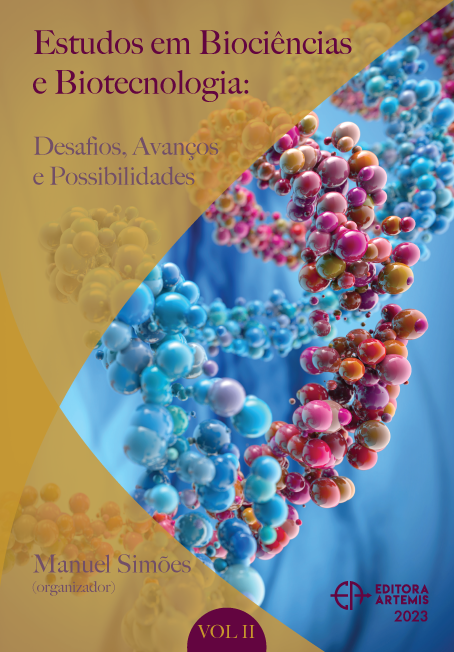
IDENTIFICACIÓN DE HÍBRIDOS DE Citrus aurantifolia X Citrus limon UTILIZANDO MARCADORES DE SECUENCIAS SIMPLES REPETIDAS (SSR)
La apomixis es un tipo de reproducción asexual donde la formación de semillas porta embriones genéticamente idénticos al progenitor, constituyendo un obstáculo en programas de mejoramiento genético de muchas especies vegetales, incluyendo cítricos. La identificación de plantas híbridas se realiza mediante caracteres morfológicos, ensayos isoenzimáticos y marcadores moleculares. Estos últimos se han utilizado con mayor frecuencia debido a su precisión, destacando el uso del DNA polimórfico amplificado al azar (RAPD, “Random Amplified Polymorphic DNA”) y Secuencias Simples Repetidas (SSR, “Simple Sequence Repeats”). En limón mexicano (C. aurantifolia) únicamente se han utilizado marcadores RAPD para la identificación de híbridos, por lo que no existen reportes que hagan uso de marcadores SSR para este fin. El objetivo del presente trabajo fue identificar híbridos derivados de la polinización controlada entre C. aurantifolia var. “Colimex” X C. limon var. “Rosenberg” y su recíproca utilizando marcadores moleculares SSR. Durante el año 2014-2016 se colectaron hojas de árboles de limón de aproximadamente 12 meses de edad. Se evaluaron en total ocho marcadores moleculares SSR sobre los progenitores utilizados en este estudio y fueron seleccionados los oligonucleótidos TAA45 y cAGG09 para la identificación de híbridos en las dos poblaciones progenie. De un total de 40 y 43 individuos F1 procedentes de la cruza bidireccional entre “Colimex” X “Rosenberg”, se lograron identificar 17 y 35 plantas híbridas, respectivamente. Los resultados indican que los marcadores SSR son eficientes y confiables para la identificación de híbridos de limón mexicano.
IDENTIFICACIÓN DE HÍBRIDOS DE Citrus aurantifolia X Citrus limon UTILIZANDO MARCADORES DE SECUENCIAS SIMPLES REPETIDAS (SSR)
-
DOI: 10.37572/EdArt_3105238353
-
Palavras-chave: apomixis, cítricos, marcadores moleculares, microsatélites
-
Keywords: apomixis, citrus, microsatellites, molecular markers.
-
Abstract:
Apomixis is a type of asexual reproduction where the seeds formation carries genetically identical embryos to the parent, constituting an obstacle in breeding programs for many plant species, including citrus. The identification of hybrid plants is carried out by morphological characters, isoenzymatic assays and molecular markers. The latter have been used more frequently because of their accuracy, standind out the use of random amplified polymorphic DNA (RAPD) and Simple Sequence Repeats (SSR). In Mexican lime (C. aurantifolia) RAPD markers have only been used for hybrid identification, so there are no reports that use SSR markers for this purpose. The aim of this paper was to identify hybrids derived from controlled pollination between C. aurantifolia var. “Colimex”×C. limon var. “Rosenberg” and its reciprocal using SSR molecular markers. During the 2014-2016 years, leaves of lime trees of approximately 12 months of age were collected. A total of eight SSR molecular markers were evaluated on the progenitors used in this study and the TAA45 and cAGG09 oligonucleotides were selected for the hybrids identification in the two progeny populations. From a total of 40 and 43 F1 individuals from the bi-directional cross between “Colimex”דRosenberg”, 17 and 35 hybrid plants were identified, respectively. The results indicate that SSR markers are efficient and reliable for the identification of Mexican lime hybrids.
-
Número de páginas: 20
- Manuel de Jesús Bermúdez Guzmán
- Mario Orozco Santos
- Claudia Yared Michel López
- Paola Andrea Palmeros Suárez
- Mayra Guadalupe Mena Enriquez

